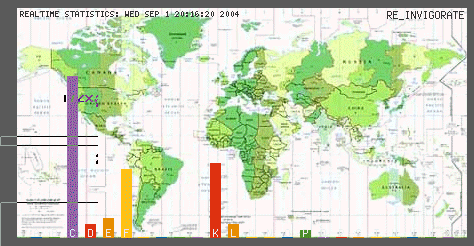Great Wiki Article by Brian Lamb
From EDUCAUSE REVIEW | September/October 2004,�Volume 39, Number 5, thanks to Stephen Downes.It’s risky to talk about wikis as if they’re all the same. In practice, the term wiki (derived from the Hawaiian word for “quick”) is applied to a diverse set of systems, features, approaches, and projects. Even dedicated wikiheads engage in perpetual arguments about what constitutes true wikiness. But some fundamental principles (usually) apply.


